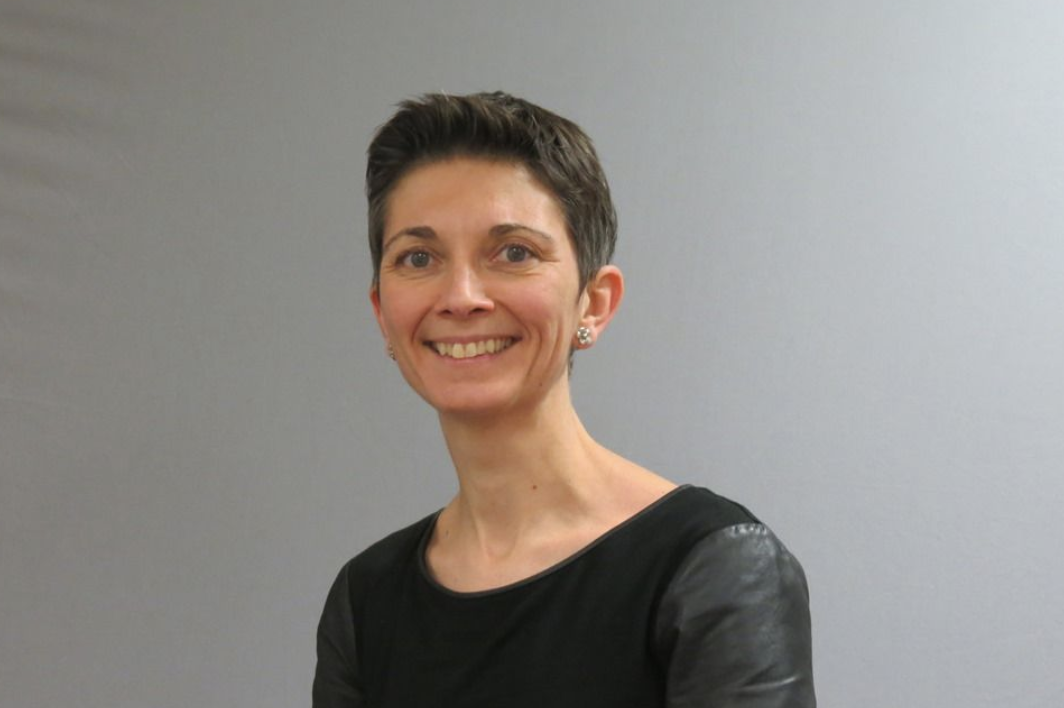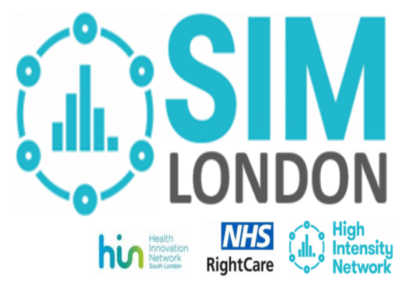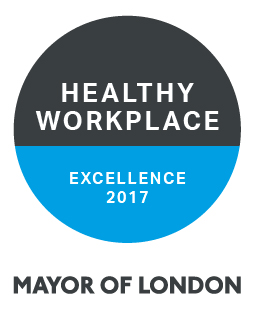Language and leadership needed for the government’s new ‘tech vision’ to become reality
The Health Secretary Rt Hon Matt Hancock recently launched his new tech vision at an event organised by HIN, on behalf of NHS England. The vision is good news for digital innovation, but there’s still much more to do. Here, our Head of Technology, Denis Duignan, highlights some of its main features.

Last week, Matt Hancock launched the government’s new bold ‘tech vision’ to a room full of SMEs and NHS digital leaders at our event in London.
He spoke with credible enthusiasm as he outlined his views on how we achieve lasting digital progress. His vision is for the NHS to lead the world in digital healthcare, just as the U.K. has been a leader in Fin Tech, as the NHS already has the essential ingredients. This recognition of the NHS’ strong points, or ‘ingredients’ was good to hear – it’s too easy for those of us working in the system to forget. But the hard part isn’t individual components – it’s connecting these ingredients up in a truly modern architecture, so that systems talk to each other and patients and staff lives are easier.
The government’s desire to learn from the past is evident in the document’s focus on getting the national and local split correct. Mandating open standards at a national level is a key part of this, as is secure identity. But we need to retain local system flexibility. The architectural principles set out in the vision are:
- put our tools in modern browsers
- internet first
- public cloud first
- build a data layer with registers and APIs
- adopt the best cyber security standards
- separate the layers of our patient record stack: hosting, data and digital services.
These are sound principles. The focus on enabling healthtech innovation is equally promising and we hope something that signals a new era of support for healthtech innovators in and outside of the NHS. That being said, although the document speaks a lot about interoperability, with open standards and APIs providing the framework for modular IT systems, how level the playing field will really be in future remains to be seen. This is especially of concern to SMEs with products that require interaction with the established principle clinical systems, where quite often they need to pay significant ‘partnership’ fees to achieve satisfactory timely outcomes.
Some of the statements will raise a few (more cynical) eyebrows: “All new IT systems purchased by the NHS will be required to meet the standards we set out and existing services will need to be upgraded to meet these standards.” While the ambition is correct, many will wait with bated breath to see how this will practically play out for certain NHS organisations, especially those where particular suppliers are deeply entrenched or those with bespoke or heavily customised systems.
The language throughout the document is clearer than many policy documents in this space and feels like a step in the right direction. It says clearly: ‘This is not an IT project’ before going on to focus on ways of working. Those of us who regularly work on tech innovation projects know only too well that as long as tech is seen as just an ‘IT project’ we will struggle to realise the full benefits. Success depends on effective change management and changes in working cultures and habits.
Changing culture is hard. Leadership helps. For that reason, it’s also positive to see the focus on leadership in the vision. At the launch event a number of people talked about leadership and the difficulty of finding genuinely tech-savvy Boards. When it comes to finance, Boards can scrutinise the numbers. When it comes to people or projects, they can look at the staff survey or project plans. With IT, it can be a case of Boards just looking to a CIO and hoping for the best. Computer Weekly recently reported that even “at Leeds Teaching Hospitals – a great example of a forward-thinking health organisation – there are 460 different IT systems in use.” It’s not easy for Boards to get to grips with complex legacy situations like that.
The vision is clear about the need for this to change, saying that that tech transformation needs to be driven by leaders at every level. It goes on to say ‘all health and care organisations should ensure board-level understanding of how data and technology drives their services and strategies, and take charge of the digital maturity of their organisations – in the same way that they manage their finances and the quality of their services.’ In an effort to make sure Boards take that language seriously, the government is looking to regulatory and system levers, saying it will ask the Care Quality Commission (CQC) ‘how best to reflect the standards in their inspections of NHS and social care providers, and NHS Improvement and NHS Digital to work together on the use of spend controls to enforce the use of standards when procuring new systems for the NHS, looking at additional controls for spend on systems and services that are below current thresholds.’
On workforce, the report says the aim is that skilled professionals already working in the health and care system are supported to continuously develop, and that structures are in place to make innovation and information exchange easier through empowering and creating headspace for frontline staff. While this is a fine ambition and progress is being made through the likes of the NHS Digital Academy and the HIN’s IM&T Grads into Health Programme, there is still no mention of addressing the unsuitability of Agenda of Change pay scales for this staff group or adjusting training pathways and certain curriculums to increase numbers and the baseline knowledge required to make this vision a reality.
There’s no new money attached to the document and there’s no point underestimating the sheer scale of what we need to achieve. But the proposals it sets out, the focus on leadership and the language used to tell us that this isn’t an IT project, are a strong step in the right direction.
The government is currently consulting on the vision. You can take part here
If you’re working in health and care in south London and would like support with a technology innovation project, contact Denis and the team via hin.technology@nhs.net



